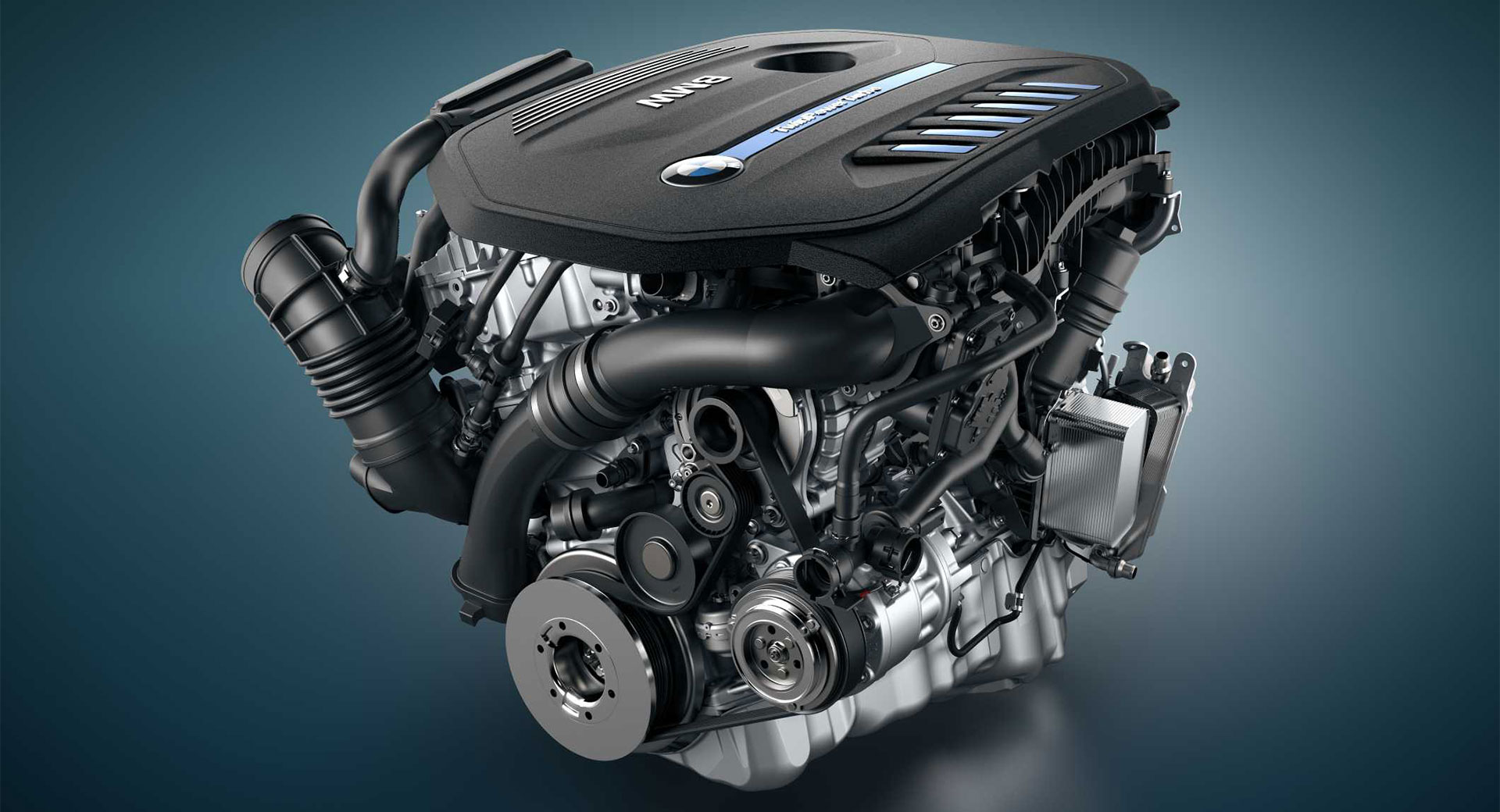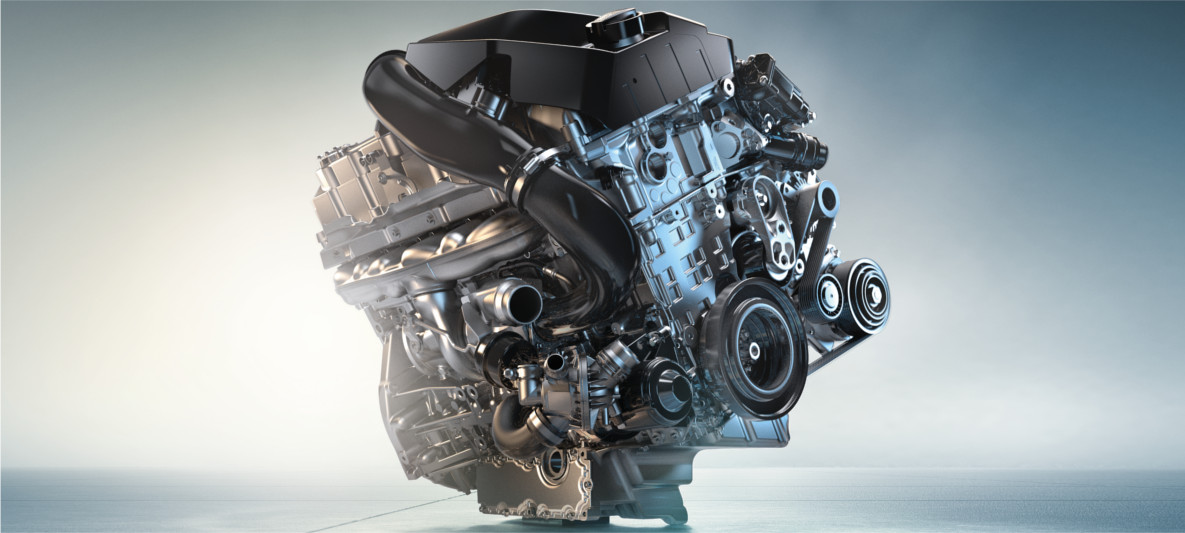A Comprehensive Overview to Recognizing BMW Engine Specs
A Comprehensive Overview to Recognizing BMW Engine Specs
Blog Article
Unveiling the Intricacies of Next-Generation Power Units: a Deep Study Advanced Engine Styles and Innovations
In the world of vehicle engineering, the relentless quest of sustainability, efficiency, and performance has propelled the evolution of power systems to unprecedented elevations. As we stand on the precipice of a brand-new era in transportation, the complexities of next-generation engine styles bid us to explore the innovative innovations and innovations that assure to redefine the driving experience. From sophisticated materials that press the boundaries of sturdiness and weight decrease to advanced turbocharging and turbo charging systems that elevate power result to brand-new levels, each element of these power units holds a vital to unlocking the future of automobile design. Delving deeper right into the worlds of exhaust control, smart engine monitoring systems, and the perspective of power system development, we discover ourselves on the cusp of a change that assures to improve the landscape of movement as we know it.
Evolution of Engine Products

The change in the direction of advanced engine materials has likewise allowed designers to make engines with higher power outputs while maintaining fuel effectiveness requirements. The use of lightweight products decreases the general weight of the engine, leading to boosted fuel economic situation and lower emissions. Additionally, innovations in materials innovation have actually permitted for better thermal management within engines, leading to increased integrity and durability.
Turbocharging and Supercharging Technologies
How do Turbocharging and Supercharging Technologies reinvent engine performance and efficiency in modern-day automobiles? Turbocharging and supercharging are modern technologies that substantially enhance engine efficiency by boosting the amount of air consumption into the burning chamber. Turbocharging accomplishes this by making use of a wind turbine driven by exhaust gases to pressurize the intake air, while turbo charging uses a belt- or chain-driven compressor to attain the same result.
These innovations make it possible for smaller sized, more fuel-efficient engines to create power equivalent to bigger ones, referred to as downsizing. Forcibly even more air into the cyndrical tubes, turbo charging and turbocharging improve burning performance, leading to raised horsepower and torque result without a significant boost in engine dimension. This results in far better velocity, hauling ability, and overall driving performance.
In addition, supercharging and turbocharging add to improved fuel effectiveness by permitting the use of smaller engines that eat much less fuel under typical driving problems - bmw engine. This mix of enhanced efficiency and efficiency has made turbocharging and turbo charging indispensable components of numerous modern-day engine layouts
Emission Control and Environmental Effect
With raising worldwide worries regarding air quality and ecological sustainability, the implementation of discharge control modern technologies in vehicles plays an essential function in minimizing unsafe pollutants launched right into the ambience. Modern lorries are outfitted with innovative emission control systems that help minimize the environmental impact of automotive operations. read this post here Catalytic converters, as an example, are designed to convert toxic gases such as carbon monoxide gas, nitrogen oxides, and hydrocarbons right into much less unsafe materials like co2 and water vapor.
In addition, innovations in engine modern technology, such as the assimilation of exhaust gas recirculation systems and careful catalytic reduction, have significantly added to decreasing exhausts. These innovations operate in tandem to optimize burning performance and lessen the release of hazardous pollutants right into the air. Furthermore, the development of hybrid and electrical automobiles represents an essential action in the direction of decreasing the overall ecological footprint of the transportation field.
Intelligent Engine Administration Systems

Additionally, these systems enable automobiles to meet rigorous discharges criteria without jeopardizing efficiency, providing a much more eco-friendly driving experience. The integration of expert system and equipment knowing capacities in engine administration systems proceeds to push the limits of what is feasible, resulting in more improvements in performance, reliability, and general lorry performance. bmw engine. As vehicle technology developments, smart engine management systems will play a critical role fit go to this website the future of transport towards a much more efficient and sustainable instructions
Future Trends in Power Device Growth
As intelligent engine administration systems lead the way for enhanced control and optimization in modern cars, future fads in power device growth are poised to redefine the landscape of automobile propulsion innovations. Among the vital fads driving innovation in power unit advancement is the shift towards electrification. With a boosting emphasis on sustainability and lowering carbon exhausts, crossbreed and electrical powertrains are becoming more prevalent in the automotive industry. These alternative power sources provide improved efficiency and performance while straightening with rigorous ecological laws.
An additional considerable fad is the assimilation of innovative materials and making methods. Lightweight materials such as carbon fiber and light weight aluminum are being utilized to reduce general automobile weight, enhancing gas performance and performance. In addition, innovations in 3D printing and additive production are making it possible for the manufacturing of complex engine elements with greater accuracy and toughness.
Moreover, expert system and artificial intelligence are playing a vital duty in optimizing power device efficiency. These innovations enable for real-time tracking and flexible control, leading to a lot more reputable and efficient power shipment. In general, future trends in power unit growth are tailored towards sustainability, efficiency, and efficiency, driving the auto industry in the direction of a new age of propulsion innovations.

Verdict
Finally, the developments in engine materials, turbocharging, exhaust control, and smart management systems have actually led the way for next-generation power units. These advancements have not only improved efficiency and effectiveness but also reduced environmental effect. As modern technology remains to develop, future fads in power unit advancement are most likely to focus on additional boosting sustainability and optimizing power outcome. The detailed designs and advancements in modern-day engines showcase the ongoing development of auto technology.
Checking out the modern innovations in engine products has actually been crucial in enhancing the performance and efficiency of modern engines. Over the years, the evolution of engine materials has played an important function in pushing the limits of what engines can accomplish.The shift towards advanced engine materials has also enabled designers to design engines with greater power results while maintaining fuel effectiveness requirements.The application of intelligent engine monitoring systems in modern-day cars has revolutionized the means engines are regulated and optimized for efficiency and efficiency. By gathering information in real-time and assessing it with get redirected here innovative algorithms, intelligent engine administration systems can adapt to driving designs, ecological variables, and engine wellness to make the most of power output while decreasing gas consumption and discharges.
Report this page